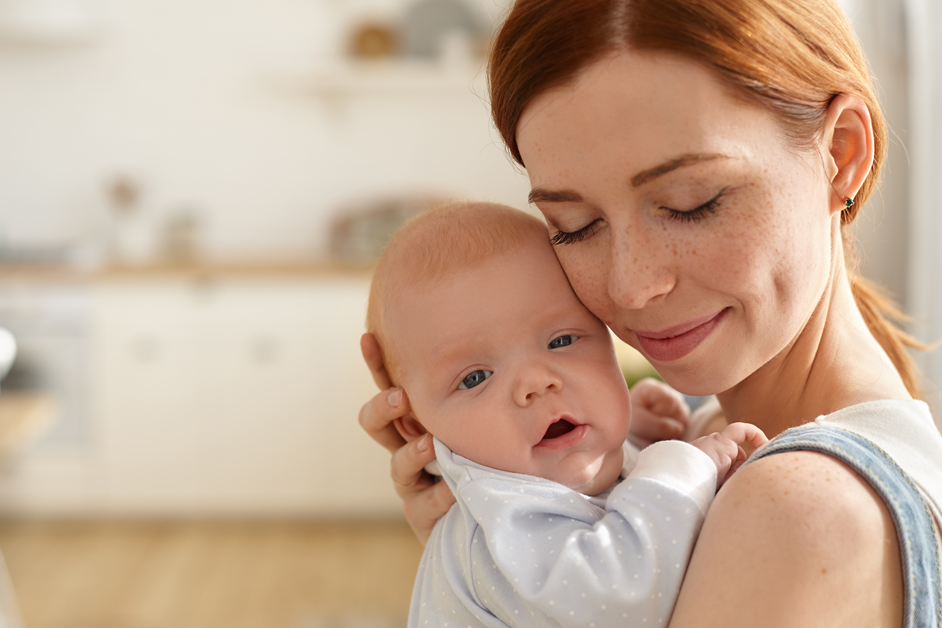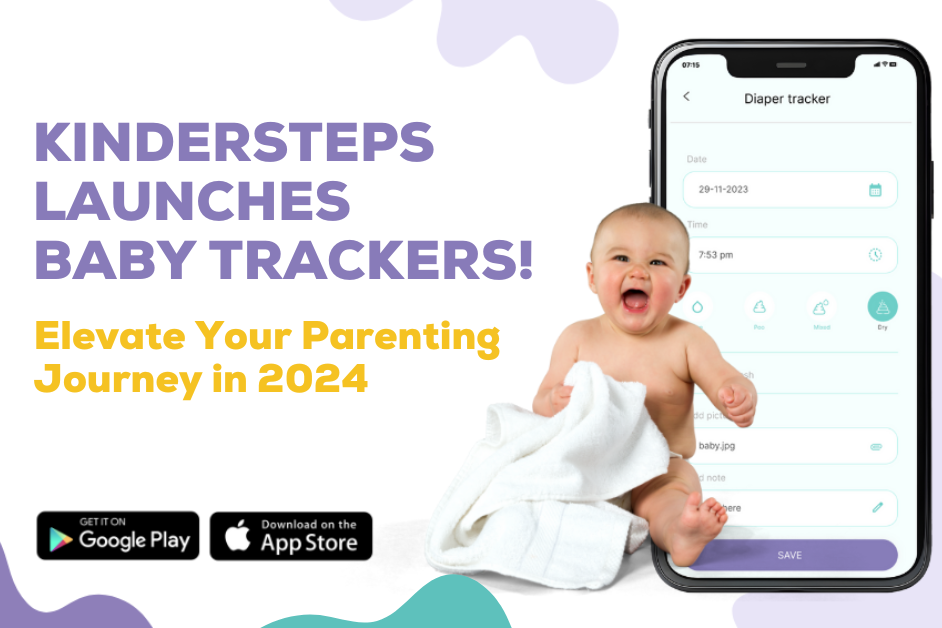Why Early Childhood Development Is So Important (and How Kindersteps Can Help)
What's the most important step when building a house?
It's not the floor plan or the decor. It's not the contractor you work with. It's not even your choice of materials.
It's the foundation. Without a strong foundation on which to construct the rest of the building, nothing else matters. Our brains, believe it or not, are actually quite similar. From birth through age five, our brains experience more growth than at any other point in our lives. In our formative years, we are constantly learning, creating over a million new neural connections every second. These connections impact everything about our future, and together with genetic factors, play a crucial part in shaping our:
- Personality
- Interests
- Emotional intelligence
- Capacity for learning
- Ability to form and maintain social bonds
- Mental health
- Physical health
- Cognitive. Includes problem-solving, capacity to learn and retain new information, and logic/reasoning
- Gross motor skills. Basic movements such as crawling, standing, walking, running, etc
- Fine motor skills. Movements that involve hand-eye coordination, such as writing, drawing, and eating
- Language. Understanding and expressing words, phrases, gestures, and body language
- Social/emotional. Empathy, the capacity to form relationships
- 2-4 months. Simple gross motor skills and fine motor control. Mimicry of expressions, fascination with faces, and ability to follow moving objects.
- 6-8 months. Limited ability to sit up, stand, and rollover. Grasps at objects with one hand. Recognizes self in the mirror, and begins actively exploring the environment. Begins mimicking emotions and sounds.
- 12-14 months. Crawling, able to stand without support. Starts poking at objects, and begins using spoons/crayons. Expresses limited vocabulary, responds to own name. Recognizes and can identify familiar objects.
- 18 months. Can walk unassisted, use utensils, drink from cups, and speak 20+ words. Capable of recognizing and matching basic shapes and removing some articles of own clothing.
- 24 months. Begins running, and can climb stairs without help. Can complete simple puzzles, string words together, and mimic behavior. Begins expressing imagination and testing limitations.
- 3 years. Able to run with ease and jump in place. Can open containers and jars, solve intermediate puzzles, and understand daily schedules. Begin to express affection, ask for help, and speak in full sentences.
- 4 years. Capable of mashing own food, catching and throwing objects, and standing on one foot. Can use tools such as children's scissors. Anticipates new experiences, starts telling simple stories and knows basic details such as their address. Expresses greater creativity and inventiveness.
- 5 years. Gross motor skills are largely developed and can use utensils to eat. Understands past, present, and future tense. Grasps basic social concepts, rules, and relationships. Able to differentiate between fantasy and reality, and begins expressing the desire for independence.
Per Harvard University's Center on the Developing Child, each new neural connection in a child's brain is built upon previous connections. A child's interactions with their parents play a major role in determining whether the said foundation is weak or strong. That's why it's so important to provide children with an environment in which they can learn, grow, and thrive.
You're already doing the basics in that regard. You're spending time with your kid, giving them lots of love, and ensuring they stay happy and healthy. If you want to take things even further, however, knowing how your child's developmental journey may proceed is an important first step. Understanding Developmental Milestones Although there's no exact timeframe for childhood development, there are nevertheless certain developmental milestones at which children learn pivotal skills and concepts. Understanding and planning for them allow you to nurture your child's growth by shaping activities to their level of development. The major milestones of early childhood development can be separated into the following categories
Major developments, meanwhile, generally occur at the following stages:
Keeping track of the above dates and time frames can also help you determine whether or not your child's development is proceeding at a suitable pace. A word of caution here, though — these are only recommended guidelines. Different children may progress past them at different speeds, and if it takes your child a little longer than average to reach a particular milestone, this is not necessarily causing concern. Strengthening the Basis of Your Child's FutureHere's where Kindersteps comes in. Built from more than three decades of childcare experience and based on extensive scientific research, our early childhood development app helps your child get the best start possible through recommended daily activities based on developmental milestones. We'll help you figure out exactly what to do each day to not only enrich the life of your child but also deepen your relationship with them in the process.
That isn't all our app does, either. You can also capture precious moments and memories in photos or videos, then upload them to a private newsfeed to share with friends and loved ones. Finally, we'll continue to provide regular parenting advice through this blog.

.jpg?alt=media&token=85e4f925-5b6c-4bf2-b84e-b5d455b7a0ae)




.jpg?alt=media&token=166b64a9-274c-400c-95e4-baf0013e7e43)
